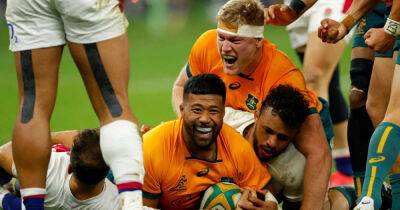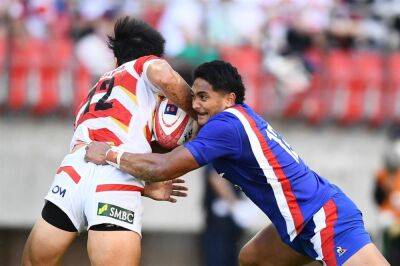Football urged to follow rugby union's concussion lead or risk legal action
Football’s governing bodies have been urged to follow rugby union in extending return-to-play protocols to at least 12 days for most concussed players or risk legal action.
Football still operates to a minimum six-day guidance window, which has itself often been breached, even though multiple studies now draw a clear link between playing the game and the probability of developing neurological disease in later life.
Under a new individualised approach, World Rugby announced on Tuesday that all players who have a history of concussion, or who fail the off-field Head Injury Assessment during a match, face a minimum 12-day layoff before returning to play.
Only players who have no concussion history and show no symptoms following a medical test taken after two night's rest will be able to return to play after a minimum of six days following a review from an independent concussion specialist.
Sport’s six-day window has long been a source of debate among dementia campaigners, given that it generally means that players are still available to play weekend to weekend. In amateur football, the Football Association recommends at least 19 days' rest following a concussion. Professional football has previously highlighted how players have daily access to medical assessment.
The wider fear is the potentially devastating consequences of what is known as ‘second impact syndrome’ when a player suffers a further brain injury before they have had a chance to recover from previous impacts.
Dawn Astle, who is now the dementia lead at the Professional Footballers’ Association, told the Telegraph that “it should be the same for footballers…different sport but the same brain”. Astle’s father Jeff died of dementia in 2002, aged just 59, following







